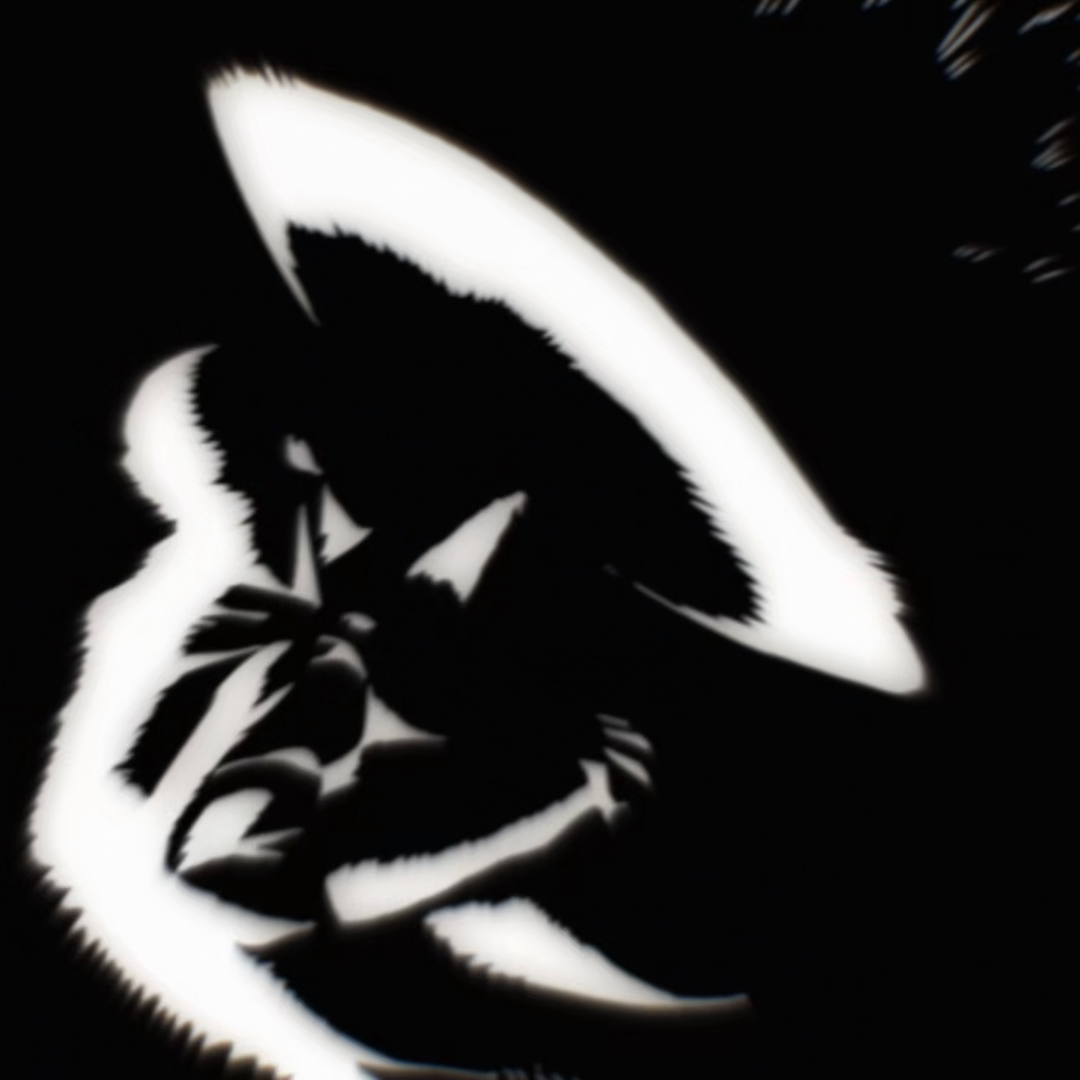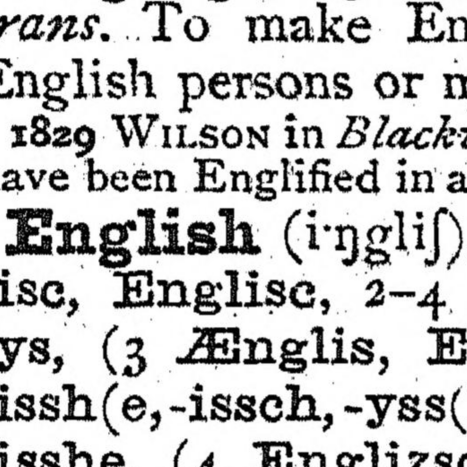Imagine there’s a sequence of items, it started somewhere in the past and will keep on going. The kind of items could be anything – say days, or football matches, or lectures, or widgets out of an assembly line.
I’d like to refer to the future item that will be, say, the 100th if I start counting them from now. I hope you understand what I mean: the 1st would be the next, the 2nd would be the one after the next, and so on.
How do I denote that future 100th item with a concise expression? I thought of “the next 100th item”, but it doesn’t sound right.
The problem is that if I just say “the 100th item”, that refers to the number 100 since the sequence started, not the number 100 starting counting from now.
Example:
The last 10 widgets were red and blue; the 20th widget from now will be yellow.
Saying “the 20th widget from now” doesn’t sound right – but maybe it is? Nor does “the next 20th widget” sound right.
As usual, if possible please also give some references. Cheers!


It depends how you’re counting I think. If you’re just counting things, you would normally just say the number, “the 100th widget” or “the 100th day”. No need for any other descriptor. But if you’re counting things relative to time, I would say “100 widgets later” or “100 days later.” Next is very specific since it refers to only the thing directly after the current one, so it isn’t really used for high amounts of things.
I don’t have a reference since this was never directly taught in any of the schools I went to. This is just how I’ve always heard other people say it.
Thank you. The problem with “the 100th widget” is that it would refer to the 100th since the sequence started, but I’d like to refer the the 100th if I were to start counting now. “100 widgets later” is an adverb rather than an adjective, but maybe I can build a sentence around it.
You can just say “the 100th from now”
Thank you for confirming that! I was very unsure.
@BD1sHappyFeet@lemm.ee @memmypemmy@lemm.ee I’ve added some clarification and an example.